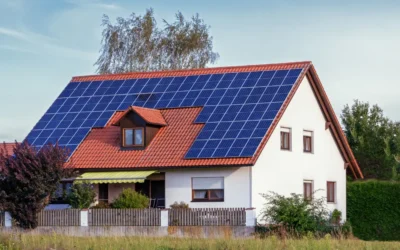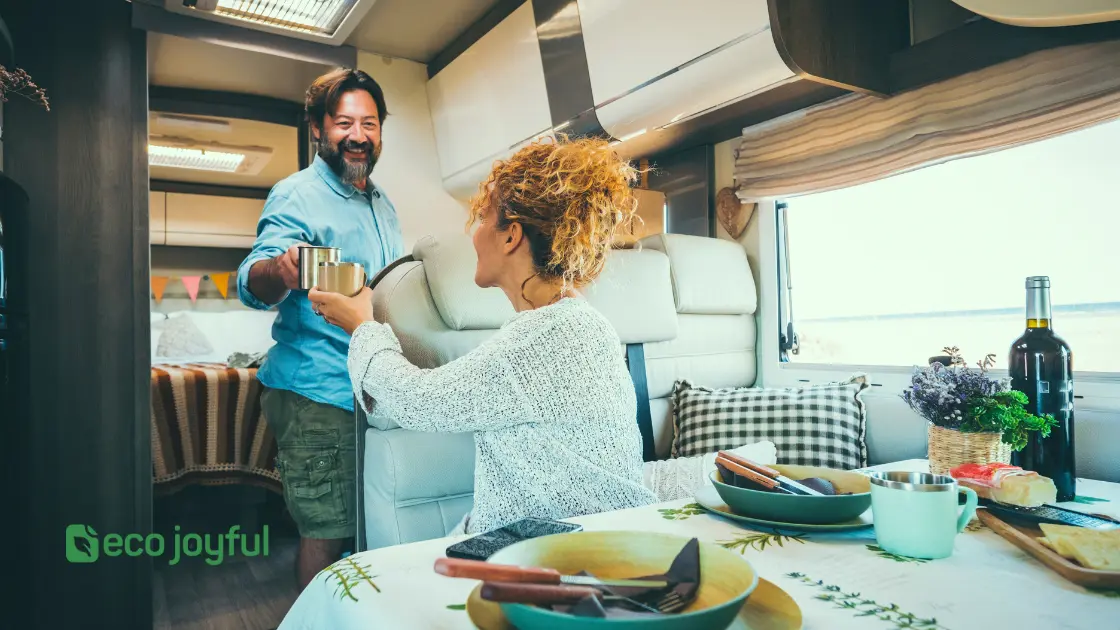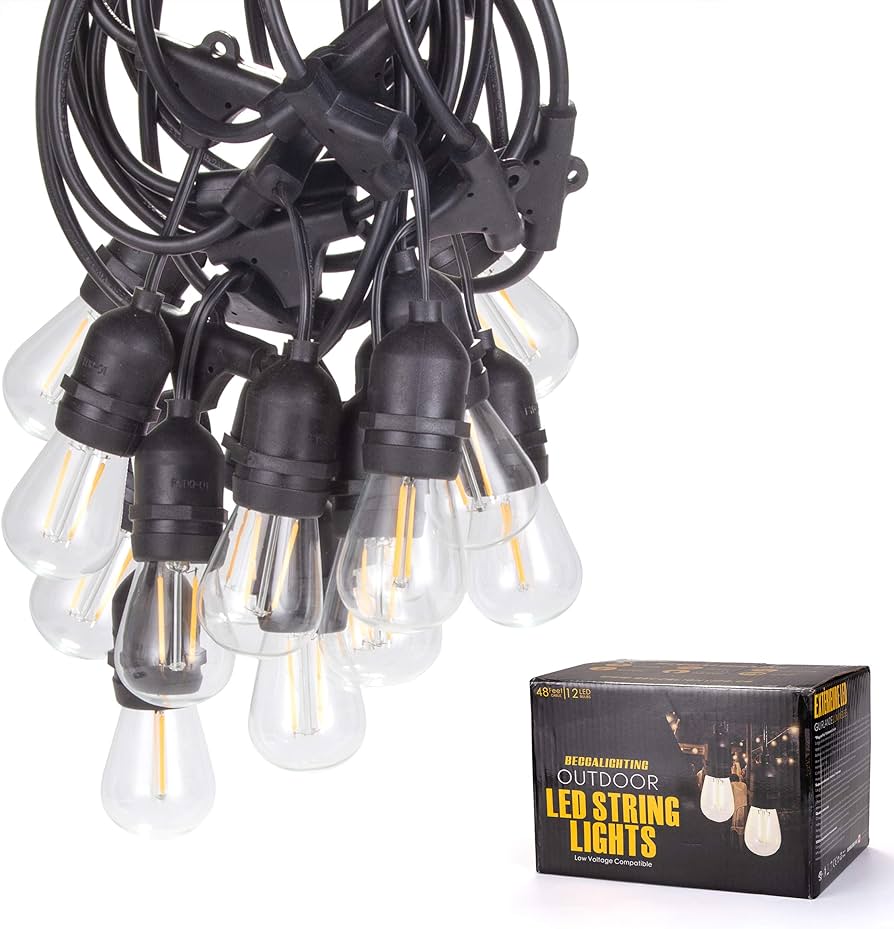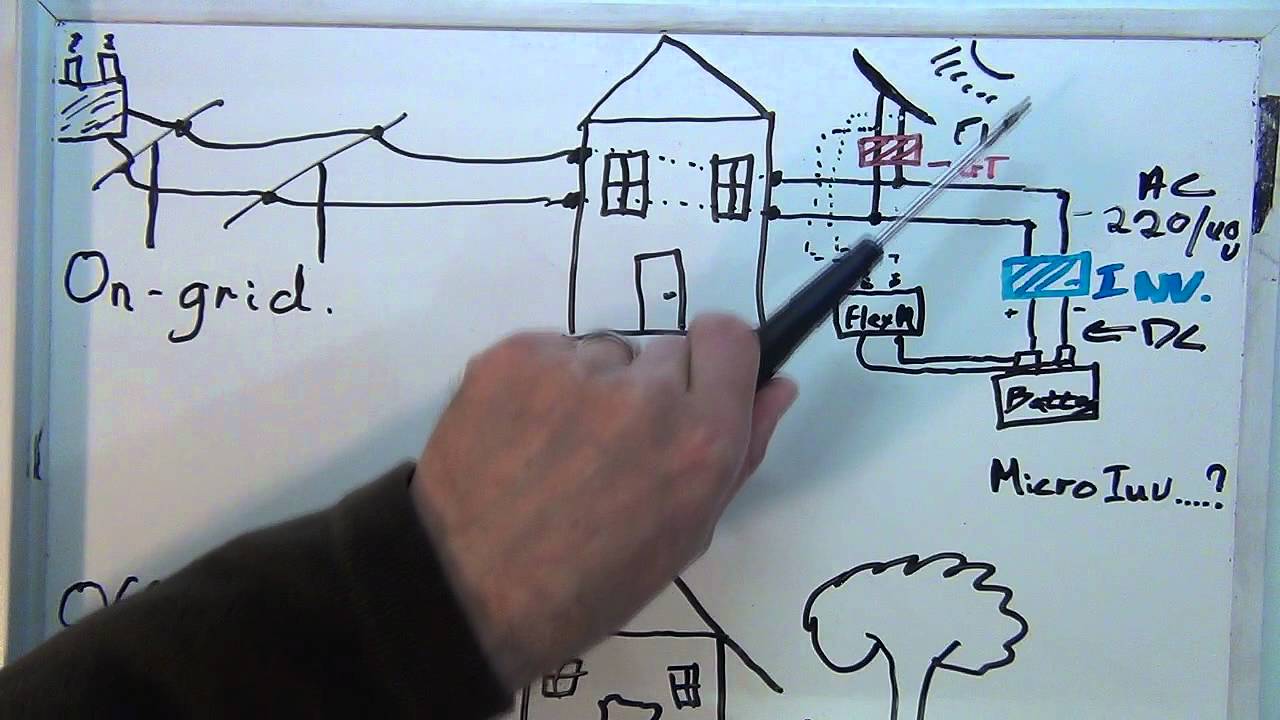To start living off grid, assess your energy needs and reduce consumption, generate your power through solar or wind systems, and establish sustainable food and water sources. Living off-grid allows individuals to become self-sufficient and disconnect from traditional utility systems.
It is a lifestyle choice that promotes sustainability and independence. By generating your power through solar or wind systems, you can reduce reliance on the grid and ensure a constant energy supply. Assess your energy needs and conserve power using energy-efficient appliances and adopting sustainable habits.
Establish sustainable food sources like growing vegetables and fruits or raising livestock. Collect and treat rainwater or explore natural sources to create a self-sufficient water system.
Embracing off-grid living involves careful planning, resource management, and adapting to a sustainable lifestyle.
Table of Contents
Understanding Off-grid Living
Living off-grid refers to a lifestyle choice where individuals or families disconnect from public utilities, such as electricity, water, and gas, relying instead on self-sustainability.
It involves generating your power, collecting and managing water, growing your food, and being less dependent on modern conveniences.
Off-grid living allows you to reduce your environmental impact and embrace a more straightforward and more sustainable way of life. In this section, we will explore the advantages and challenges of off-grid living.
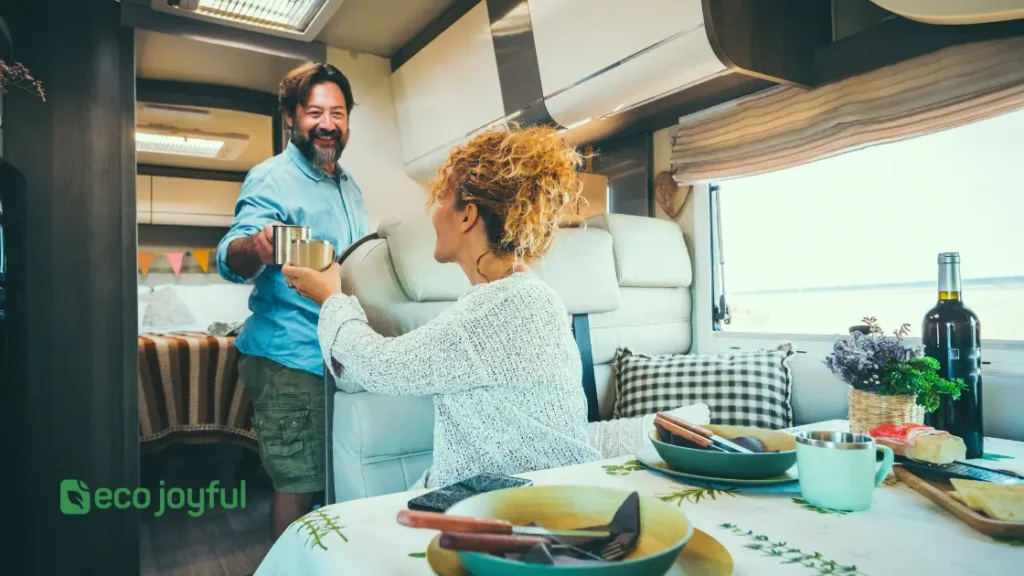
Advantages Of Off-grid Living
Living off-grid offers several compelling advantages that have led many people to transition.
Here are some of the key benefits:
- Sustainability: By generating your energy from renewable sources such as solar panels or wind turbines, you reduce your dependence on fossil fuels and contribute to a cleaner environment.
- Cost Savings: Over time, living off-grid can lead to significant cost savings since you no longer rely on utility companies for your basic needs.
- Self-Reliance: Off-grid living empowers individuals to take control of their lives by becoming self-reliant. You become less vulnerable to power outages, shortages, or price fluctuations of essential resources.
- Connection to Nature: Living off-grid allows you to forge a deeper connection with nature. Embracing a sustainable lifestyle often involves living in rural or remote areas surrounded by stunning natural landscapes.
- Less Environmental Impact: By reducing your reliance on traditional energy sources, you contribute to preserving the planet for future generations.
Challenges Of Off-grid Living
While off-grid living has numerous advantages, it is not without its challenges.
Here are some of the key challenges you may encounter:
- Initial Investment: Setting up an off-grid system can require a significant upfront investment. Purchasing solar panels, batteries, generators, and other necessary equipment can be costly.
- Resource Management: You must learn how to effectively manage your resources, such as water and energy, to ensure you always have an adequate and sustainable supply.
- Skills and Knowledge: Off-grid living often requires new skills, such as solar panel installation, water management, and basic electrical knowledge. Acquiring these skills may involve a learning curve.
- Limited Amenities: Living off-grid means making certain sacrifices. You may have limited access to high-speed internet, television, or other modern amenities.
- Weather Dependence: Your off-grid systems, particularly renewable energy sources like solar or wind, may be affected by weather conditions. This can impact the availability of resources during certain times of the year.
Understanding the advantages and challenges of off-grid living is crucial before embarking on this lifestyle.
It requires careful planning, financial commitment, and a willingness to adapt to a more straightforward and self-reliant way of life.
However, off-grid living can be rewarding and fulfilling for those seeking independence, sustainability, and a stronger connection with nature.
Planning For Off-grid Living
Careful planning is crucial for a smooth transition when starting a sustainable off-grid lifestyle. Planning enables you to assess your energy needs, choose the right location, and design an effective off-grid system. Let’s dive into the key considerations to help you embark on this exciting journey:
Assessing Your Energy Needs
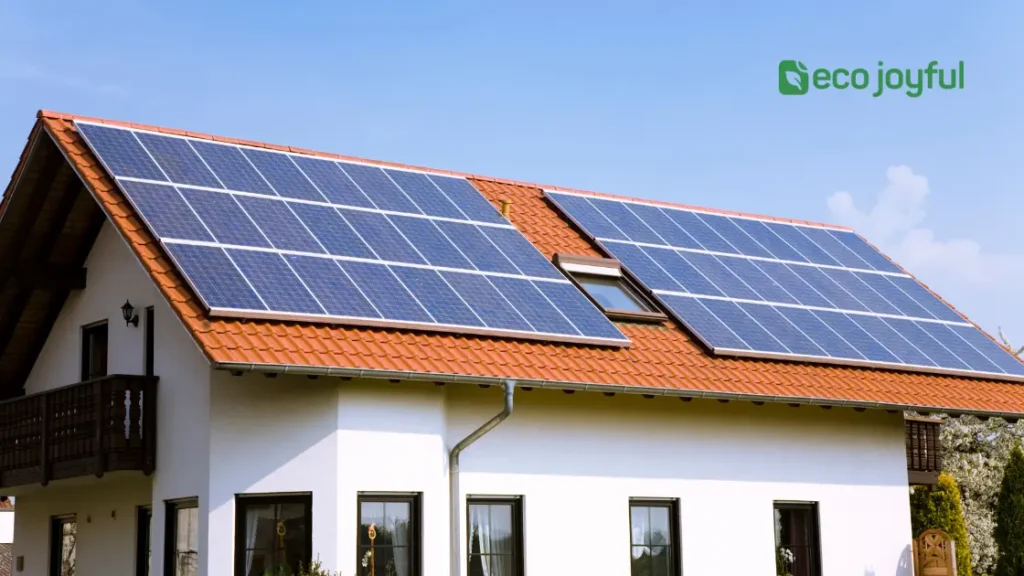
Before venturing into off-grid living, it’s essential to understand your energy requirements. Assessing your energy needs accurately estimates the power you’ll need and allows you to plan accordingly. Consider the following:
- Determine the types of appliances and electronics you will be using regularly.
- Calculate the average power consumption of these appliances.
- Consider seasonal variations in energy usage.
By evaluating your energy needs, you can determine the capacity and type of off-grid system required for sustainable living.
Choosing The Right Location
The location you choose for your off-grid lifestyle is significant in its success. Keep the following factors in mind when selecting the ideal location:
- Climate: Consider the area’s climate, as it affects energy generation from renewable sources like solar or wind.
- Access to Resources: Ensure proximity to water sources, available space for gardening, and access to necessary materials.
- Zoning and Legal Considerations: Research the local regulations governing off-grid dwellings and make sure your location aligns with these requirements.
Choosing the right location is essential to maximize the efficiency and sustainability of your off-grid lifestyle.
Designing A Sustainable Off-grid System
Designing an effective off-grid system is crucial for meeting your energy needs. Here are the key steps involved in designing a sustainable off-grid system:
- Evaluate Renewable Energy Sources: Assess the suitability of solar panels, wind turbines, or hydro systems based on your location, climate, and energy requirements.
- Battery Bank Sizing: Calculate the correct size of the battery bank to store excess energy generated and ensure a reliable power supply during cloudy or low-wind periods.
- Inverter and Charge Controller Selection: Choose inverters and charge controllers that match your system voltage, battery bank size, and electrical load requirements.
- Wiring and Safety Considerations: Ensure proper wiring, grounding, and safety measures are in place to prevent electrical hazards.
By carefully designing your off-grid system, you can maximize energy efficiency, minimize reliance on non-renewable resources, and create a sustainable and self-sufficient lifestyle.
Essentials For Living Off Grid
Living off the grid is a lifestyle that allows individuals and families to become self-sufficient by relying on renewable resources and reducing their dependence on traditional utilities.
Embracing this way of life requires careful planning and a commitment to sustainability. In this article, we will explore the essentials for living off the grid, focusing on generating renewable energy, effective water and waste management, and sustainable food production.
Generating Renewable Energy
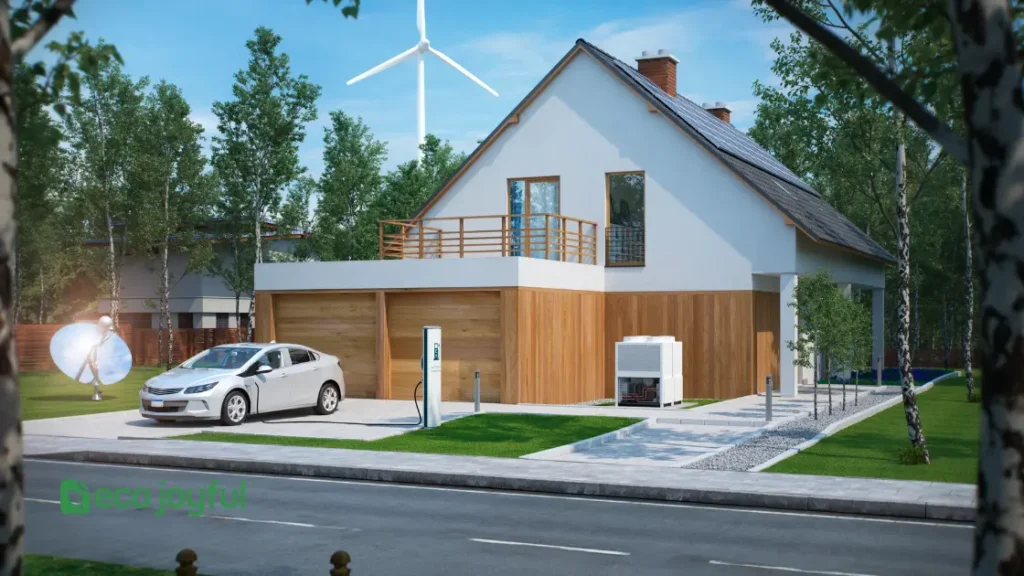
Generating renewable energy is key to living off the grid. By harnessing natural resources, you can power your home without relying on the conventional electrical grid. Some popular options include:
- Solar power: Installing solar panels on your property can generate clean, renewable energy from the sun.
- Wind power: Utilizing wind turbines can harness the power of the wind and convert it into electricity.
- Hydroelectric power: If you have a water source nearby, you can install a small-scale hydroelectric generator to produce energy.
Investing in a combination of these renewable energy sources can provide a reliable and sustainable power supply, reducing your reliance on fossil fuels and lowering your carbon footprint.
Water And Waste Management
Effective water and waste management are essential aspects of living off the grid. Consider the following practices to achieve self-sufficiency:
- Water conservation: Install low-flow fixtures and collect rainwater for daily use to minimize water consumption.
- Composting toilets: Composting toilets provide a sustainable alternative to traditional flushing toilets, utilizing organic materials to break down waste.
- Greywater systems: By diverting and treating greywater, you can reuse it for non-potable purposes such as irrigation or flushing toilets.
Implementing these practices not only reduces your ecological impact but also helps you become more self-reliant when it comes to water and waste management.
Sustainable Food Production
Sustainable food production plays a crucial role in living off the grid. Growing your food can reduce your dependence on commercial agriculture and minimize transportation emissions. Consider these sustainable farming practices:
- Permaculture: Create a self-sustaining ecosystem by designing your garden to mimic natural patterns and processes.
- Vertical gardening: Maximize space by utilizing vertical structures to grow plants upwards.
- Aquaponics: Combine aquaculture and hydroponics to cultivate fish and produce in a symbiotic environment.
With sustainable food production methods, you can enjoy fresh and nutritious food while minimizing your environmental impact.
By focusing on generating renewable energy, implementing effective water and waste management practices, and embracing sustainable food production, you can start living off the grid and reduce your reliance on conventional utilities.
Committing to self-sufficiency not only benefits you and your family but also contributes to a more sustainable and eco-friendly future.
Conclusion
Living off the grid is an invigorating experience that brings you closer to nature and helps reduce your environmental impact. By following the steps outlined in this guide, you can start your journey toward self-sufficiency and independence. Embrace sustainable practices, harness renewable energy sources, and adopt a minimalist lifestyle to live off the grid truly.
So, leap today and experience the freedom and fulfillment that comes with embracing off-grid living.




